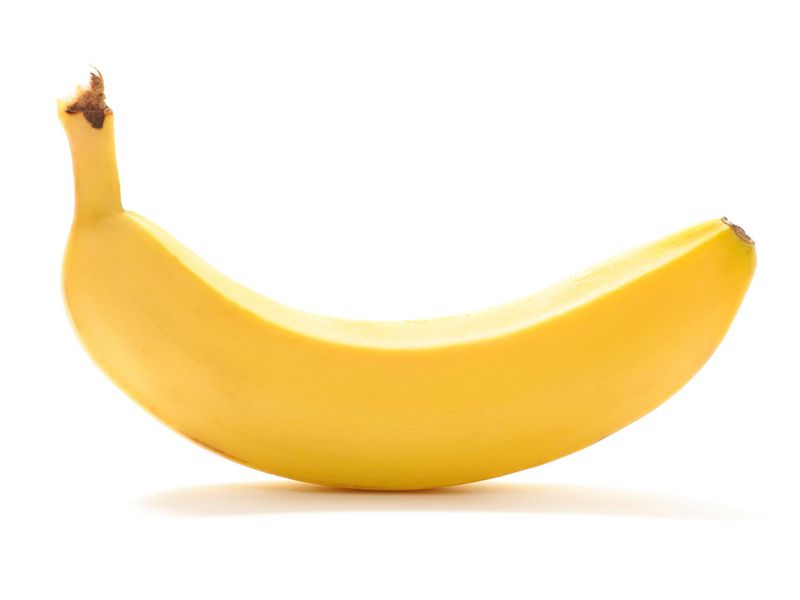Stage 3

As mentioned in Stage 2, the next stage of a weeLAB™ requires judgement. In this stage, you need to determine whether or not the definition given to you is logical.
What are logical definitions?
Another term for logical definitions are Aristotelian definitions. They are called this because the Greek philosopher Aristotle (384-322 BC) wrote extensively about the idea of the definitions of words being logical or not.
According to Aristotle, a logical definition of a word requires two steps:
- Assign the thing being defined to a class (or genus). In other words, assign the thing being defined to a group of things having similarities.
- Enumerate the special qualities of the thing being defined which differentiate it from other members of the class (or genus).
In short, for Aristotle the definition of a thing is ‘logical’ when the definition itself contains language describing how a thing is both SIMILAR TO and DIFFERENT FROM other things. If the definition doesn’t satisfy both of these criteria, then it’s not considered logical–it’s considered illogical.
So, is Merriam-Webster’s definition of a banana a logical definition?
Let’s take another look at Merriam-Webster’s definition of a banana, which is recopied below:
an elongated usually tapering tropical fruit with soft pulpy flesh enclosed in a soft usually yellow rind.
Now, let’s put it to Aristotle’s two-part test.
1st Test: Does Merriam-Webster’s definition contain any language describing how a banana may be SIMILAR TO other things?
- Answer: Yes, it does. The word “fruit” signals that a banana belongs to a genus, that is, a group of things that have at least some similarities. You might even say that the word “tropical” signals another group of things with which the banana shares at least some similarities.
2nd Test: Does Merriam-Webster’s definition contain any language describing how a banana may be DIFFERENT FROM other things?
- Answer: Yes, it does. The key is in the word “usually,” which appears twice in the definition.
If we look closely at the first time this word is used–in the phrase, “usually tapering tropical fruit”–there is the suggestion that some tropical fruits may not taper at all. In other words, tapering is a visible quality of bananas that could help differentiate them from other kinds of tropical fruits (Can you think of a non-tapering tropical fruit?).
If we look closely at the second time this word is used–in the phrase, “usually yellow rind”–there is the suggestion that some bananas may have color(s) other than yellow. In other words, color is a visible quality that could help differentiate some kinds of bananas from other kinds of bananas (Have you ever seen a red-rinded banana?).
It seems as though Merriam-Webster’s definition of a banana passes both of Aristotle’s tests! Thus, their definition can be considered logical. Does this mean that it’s a good definition? No, it means that it’s a logical definition, which is what scientists care about. Scientists like to use definitions of words that are logical because in such definitions they can see both how something is similar to and different from other things. This helps, for example, when they wish to build a classification system for a collection of things.
[googleapps domain=”docs” dir=”presentation/d/e/2PACX-1vToemkvy4k48q5RKsW0ztwS1ShYnRwWsNSPNQu3IF10aF3jggpT4DoW2oivS9m6sg1Qd3vzFqrouZ0w/embed” query=”start=false&loop=false&delayms=3000″ width=”960″ height=”569″ /]
Your teachers don’t expect you to be able to successfully judge whether or not definitions are logical from seeing a single example. That’s why they’ve created some practice exercises for you in the next stage. There, you can further develop your ability to judge whether definitions are logical or not.
Proceed to Stage 4: PRACTICE
Last updated: August 2019